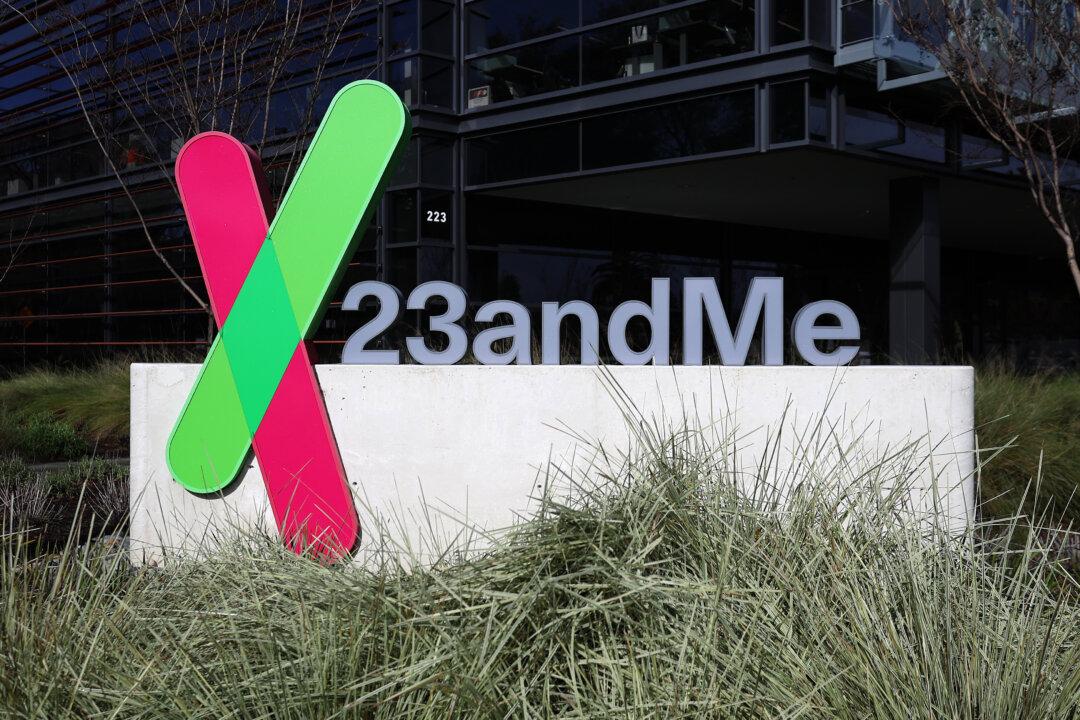The attorneys general for New York and California have urged 23andMe customers to remove their data from the DNA testing company’s website to prevent it from being sold, after the company filed for bankruptcy.
“New Yorkers’ genetic data is sensitive information that must be protected at all costs,” New York Attorney General Letitia James said in a statement on March 25, just two days after 23andMe announced its bankruptcy filing.





